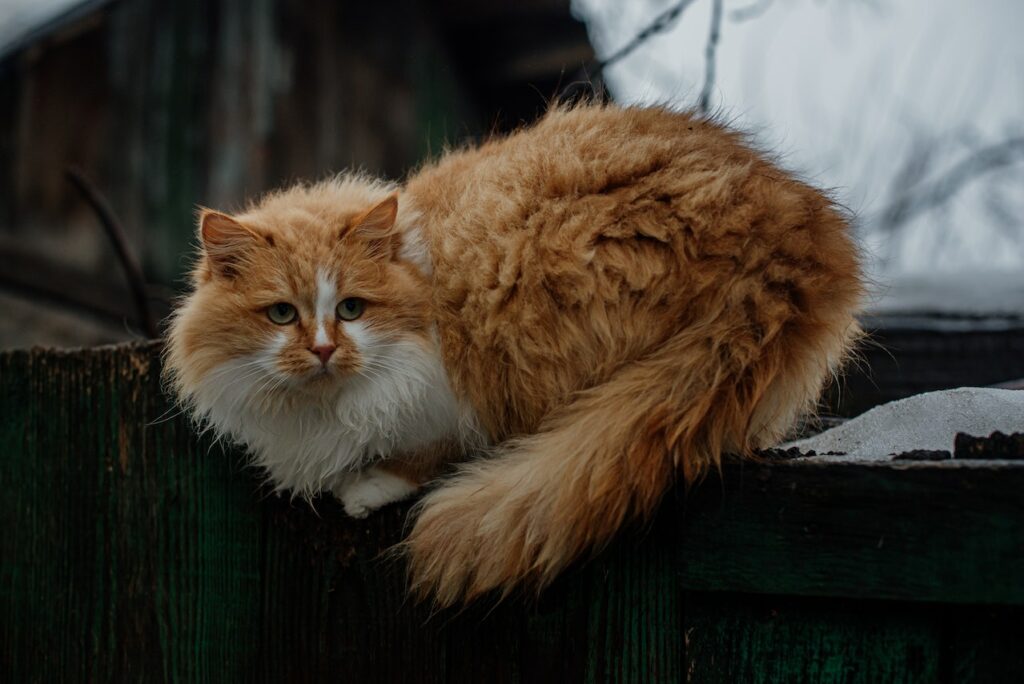Maximize Your Siberian Cat’s Lifespan with These Expert Tips
Do you have a Siberian cat, or are you considering getting one? If so, this article is for you! Read on to learn more about Siberian cats’ lifespans! Here, we’ll discuss the average Siberian cat’s lifespan and what owners can do to ensure their beloved pets have a long and healthy life. We’ll cover factors that influence longevity, health concerns associated with the breed, and tips for providing optimal care for your Siberian cat. Learn about the importance of regular veterinary visits, proper nutrition, exercise, vaccinations and other preventive measures to maximize your pet’s lifespan.
Siberian Cat Lifespan: An In-Depth Look
Siberian cats are large, majestic felines that have captivated people’s attention for centuries. As one of the oldest cat breeds, Siberians are known for their striking blue eyes, luxurious coats, and friendly demeanour. How long can a Siberian cat expect to live?
Average Lifespan
The average lifespan of a Siberian cat is generally between 12 and 15 years. However, some individuals can live up to 20 years or longer if they receive proper care and nutrition. While some other long-lived breeds may have larger lifespans, Siberians tend to outlive most other cats due to their hearty constitutions and strong immune systems.
Factors Affecting Lifespan
In addition to genetic predisposition, several factors influence a Siberian cat’s lifespan. These include environmental factors like diet, hygiene, and exercise; medical conditions such as allergies and metabolic disorders; lifestyle choices such as indoor versus outdoor living; and ultimately, how much love and care its owners lavish upon it. Some of these things can be controlled by the owner, while others cannot—so all Siberian cat owners need to be aware of what does (and does not) affect their pets’ longevity.
Healthy Habits for Longevity
Fortunately, there are some things that all owners can do to help ensure their cats live long lives:
- Provide your cat with a healthy diet that includes plenty of fresh food, not just processed dry kibble
- Keep your cats clean and groomed regularly to prevent parasites like fleas or ticks
- Make sure your Siberian gets plenty of exercise outside or indoors with interactive toys
- Schedule regular vet visits so any potential health issues can be identified early on
- Ensure all vaccinations are up-to-date to protect against infectious diseases
Common Health Issues
Unfortunately, no matter how well you take care of your pet, there could still be potential health issues associated with old age that may shorten a Siberian’s lifespan. Common ailments among elderly cats include arthritis, kidney disease and heart disease. Regular checkups with your vet can help diagnose these problems early so they can be treated appropriately before they become too serious. There may also be an increased risk for certain cancers in older Siberian cats, which is why annual checkups are important.
Conclusion
No two cats will ever have identical lifespans.It varies based on individual genetics and environmental factors. By providing your pet with proper nutrition, regular veterinary checkups and lots of love every day, you can increase the chances of giving them a long healthy life! Most Siberians will happily live 12-15 years with good care, but some lucky ones may even make it over 20!
If you’re a Siberian cat owner, consider getting your pet insured with furrr.co.uk. Pet insurance can help cover any unexpected medical expenses that may come up, so you can rest assured knowing that whatever comes your way, you’ll have protection for your beloved canine companion. Don’t wait — get started on a furrr.co.uk policy today and give yourself peace of mind in knowing that you’ll be able to provide the best possible care for your Siberian cat throughout its lifetime!
Thank you for reading about Siberian cats’ lifespan and what owners can do to ensure their pet’s health and longevity!










